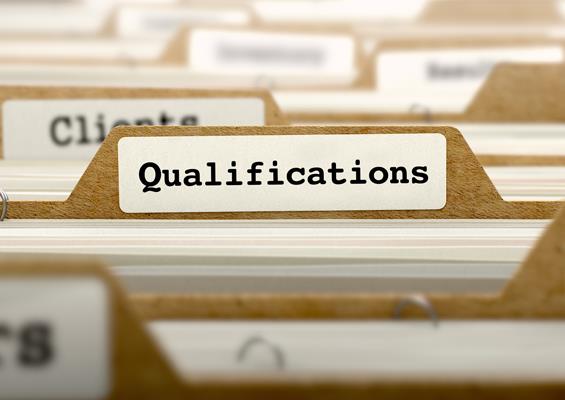Property Manager Qualifications & Experience
Property Manager Qualifications & Experience
Property managers are responsible for overseeing the daily operations of many rental properties at any stage of a tenancy life cycle. Even though each task can be quite simple, the volume of tasks can be overwhelming effecting a PM’s quality of work.
Hence the skills and experience of a property manager is key. Below is an overview of a tenancy lifecycle.
Listing / For Lease:
Organizing inspections for potential tenants and preparing tenancy agreements, condition reports and collecting / lodging a bond with the RTBA. Attracting new tenants through advertising and open for inspections. Negotiating and collecting rental income.
Property Management:
Maintaining the property and ensuring it meets safety and health standards. Resolving tenant complaints and enforcing lease agreements.

Coordinating repairs and renovations when necessary. Managing rental payments and making sure tenants don’t get into arrears.
End of Lease:
Organising final inspection, cross checking the condition report with the condition of the property, managing repairs, releasing the bond and potential VCAT hearings.At any stage of the above property cycle communicating with property owners regularly to provide updates and ensure their satisfaction. To be successful in this role, property managers must have strong customer service skills, be detail-oriented, and have excellent organizational and time-management skills.
Property Manager Qualifications
To work as a property manager in Victoria, you would need to have a CPP51119 Diploma of Property (Agency Management) or the CPP41419 Certificate IV in Real Estate Practice qualification.
These qualifications are prescribed by the Victorian government for those interested in working in the real estate industry. TAFE courses are also available to help you get the required training and education needed to become a property manager.
Additionally, Consumer Affairs Victoria or Real Estate Institute Of Victoria provides resources to help property managers understand their obligations when a tenant faces family violence. They also offer a self-assessment checklist for property managers to ensure they meet their obligations.
Understanding Tenancy Laws
A property manager is typically knowledgeable about landlord-tenant laws as it’s their job to oversee rental properties and ensure that they are in compliance with these laws.
Property managers may attend training or hold certifications in property management to keep up with the latest changes to landlord-tenant laws like Gas and Electrical safety regulations.
Gas and Electrical safety regulations are in place to promote the safe usage, maintenance, and operation of gas and electrical appliances. Effective 8th of February 2023, there will be new requirements for gas safety checks.
The owner of a property must ensure that all gas installations and fittings are checked for safety every two years by a licensed or registered gasfitter. It is advisable to keep a record of all safety checks that have been carried out.
Interviewing A Property Manager for the Job.
When interviewing a potential property manager, the below traits should rise to the top of any conversation.
PM’s with a minimum of 5 years of experience in property management will demonstrate a deeper understanding of the local real estate market, it demographics and what’s involved in managing the types of property in a suburb. They should also have knowledge of relevant laws and regulations.
Communication is key in dealing with all aspects of their job, including screening tenants, managing maintenance requests, and working with landlords.
Exceptional organizational skills needed to keep track of all necessary documentation, schedules appointments and inspections, and stay on top of all payments related to properties.
A property manager should be able to effectively solve any problems that arise, from managing repairs to handling tenant disputes.
Investor mindset: A good property manager should understand the financial aspects of property management and work towards maximizing the landlord’s rental income.
Attention to detail will give the landlord and tenant tangible and intangible benefits. From preventative property maintenance that could avoid costly repairs to stopping un-necessary property wear and tear.
Empathy and customer service skills: Property managers should understand tenants’ needs and provide excellent service to ensure tenant satisfaction and retention.
How do their reviews look?
Positive reviews and ratings can reflect a company’s great service & support.
When a PM responds to customer reviews it can also provide valuable feedback for landlords and tenants of individual interactions and overall customer experience.
